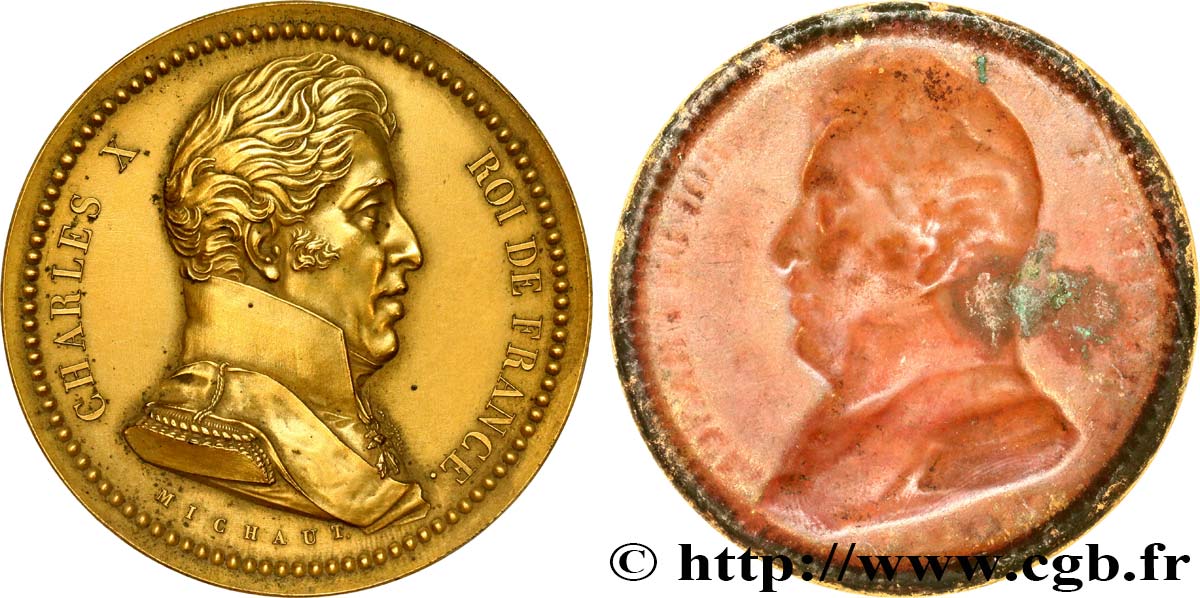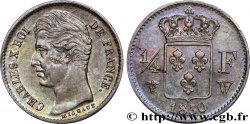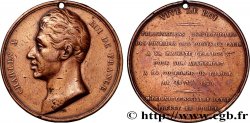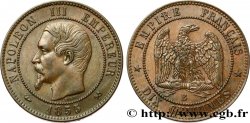fme_461584 - CHARLES X Médaille de Charles X - avers électrotype
Not available.
Item sold on our e-shop (2025)
Price : 120.00 €
Item sold on our e-shop (2025)
Price : 120.00 €
Type : Médaille de Charles X - avers électrotype
Date: n.d.
Mint name / Town : France
Metal : gilt bronze
Diameter : 50 mm
Orientation dies : 12 h.
Weight : 10,95 g.
Edge : Lisse
Puncheon : sans poinçon
Coments on the condition:
Médaille ou plutôt surmoulage uniface, obtenue par galvanoplastie. Bel aspect malgré quelques marques d’usure sur les points hauts
Predigree :
Cet exemplaire provient de la descendance directe du graveur Auguste-François Michaut (1786-1879)
Obverse
Obverse legend : CHARLES X - ROI DE FRANCE.
Obverse description : Buste à droite, signé : MICHAUT.
Reverse
Reverse legend : INCUS.
Commentary
Épreuve uniface de revers, probablement issue du procédé de la galvanoplastie..








 Report a mistake
Report a mistake Print the page
Print the page Share my selection
Share my selection Ask a question
Ask a question Consign / sell
Consign / sell
 Full data
Full data















